Tropical Species Moved Hundreds of Miles North During Marine Heatwave
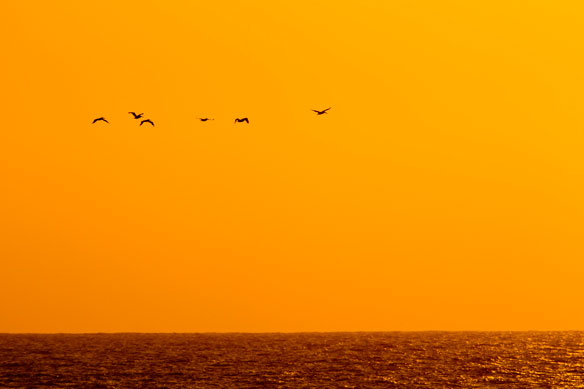
Between 2014 and 2016, parts of the eastern Pacific Ocean warmed as much as 7 degrees Fahrenheit above average during what has been characterized as the worst marine heatwave on record. During the event, scientists began discovering a record number of tropical sea species along the northern California and Oregon coasts, more than 700 miles north of their usual range.
Fatal horizon, driven by acidification, closes in on marine organisms in Southern Ocean
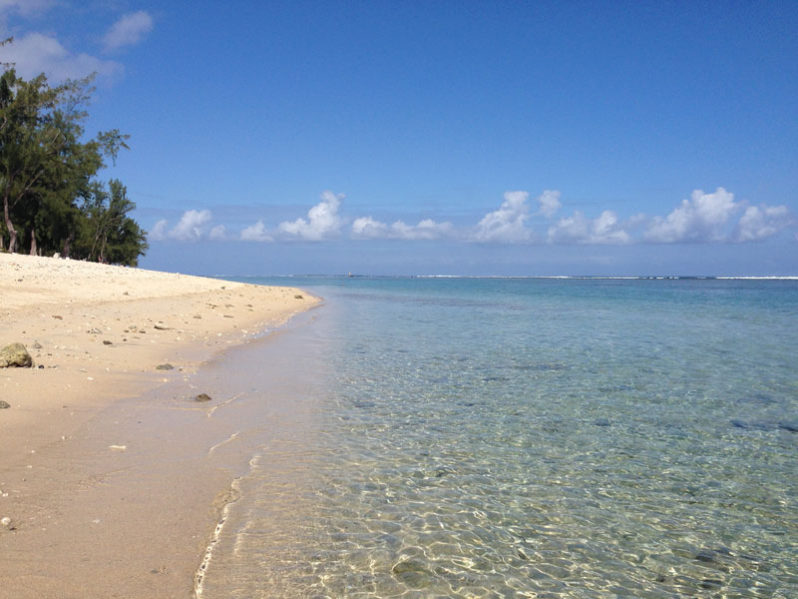
Marine microorganisms in the Southern Ocean may find themselves in a deadly vise grip by century’s end as ocean acidification creates a shallower horizon for life. The steep drop, which could happen suddenly over a period as short as one year in localized areas, could impact marine food webs significantly and lead to cascading changes across ocean ecosystems.
Microplastic pollution revealed ‘absolutely everywhere’ by new research
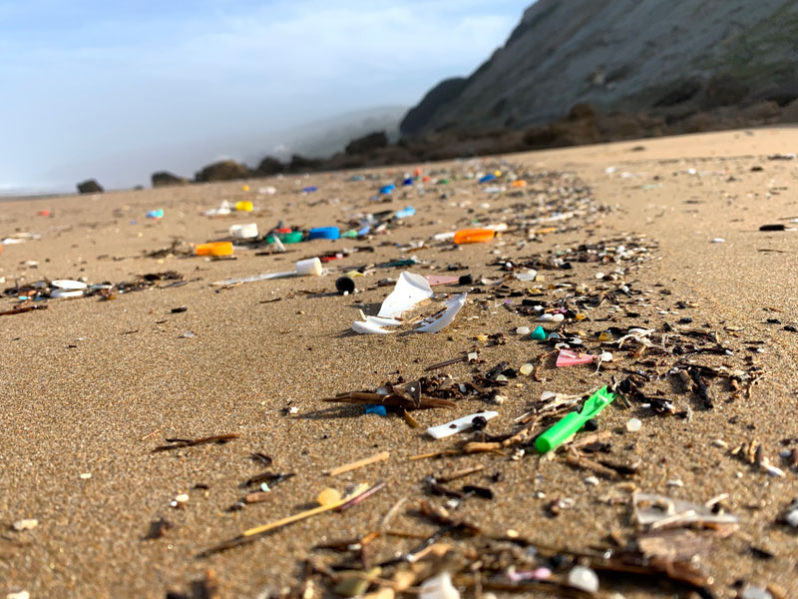
Microplastic pollution spans the world, according to new studies. Humans are known to consume the tiny plastic particles via food and water, but the possible health effects on people and ecosystems have yet to be determined.
Violent battle playing out to save the last 22 vaquitas, the world’s most endangered porpoise

Experts said that at most only 22 vaquitas remain in the Gulf of California, where a grim, increasingly violent battle is playing out between emboldened fishermen and the last line of defense for the smallest and most endangered porpoise in the world.
Scientists Find Mystery Killer Whales off Cape Horn, Chile
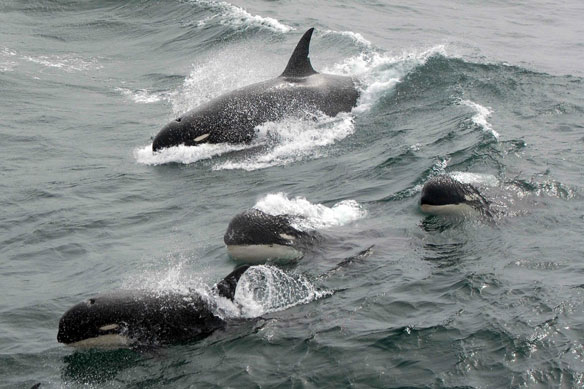
In January 2019, an international team of scientists working off the tip of southern Chile got their first live look at what might be a new species of killer whale. Called Type D, the whales were previously known only from a beach stranding more than 60 years ago, fishermen’s stories, and tourist photographs.
Fish diversity linked to Caribbean coral reef health
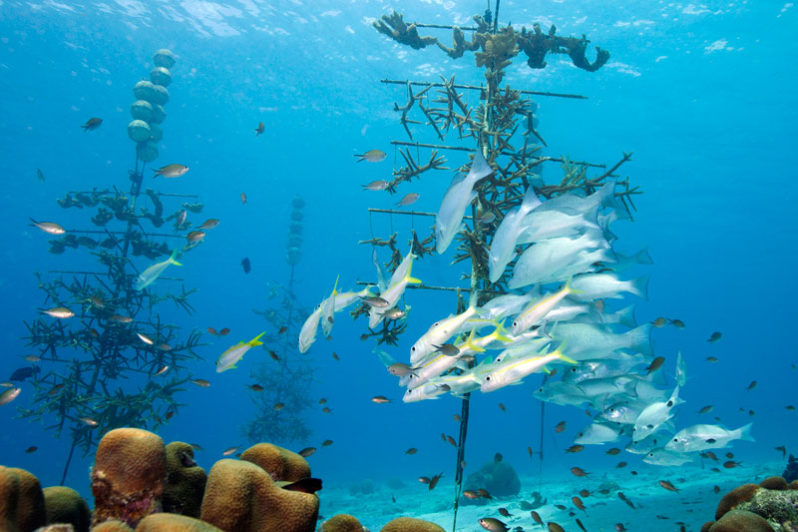
The health of coral reefs can be impacted as much by the diversity of fish that graze on them as by the amount of fish that do so, according to a new study. In the paper, the researchers untangle and unveil the powerful effects that biodiversity has on Caribbean coral reefs.
Rate of plastic pollution will double by 2030 as report calls for end to single-use plastics

Since the year 2000, we’ve used more plastic than in all the years before. On average, we each use 53 kilograms of plastic a year and generate a collective total of more than 300 million tonnes of plastic waste. By 2030, this is predicted to double, with the brunt of the impacts expected to hit our oceans.
Living Shoreline Permitting Made Easier
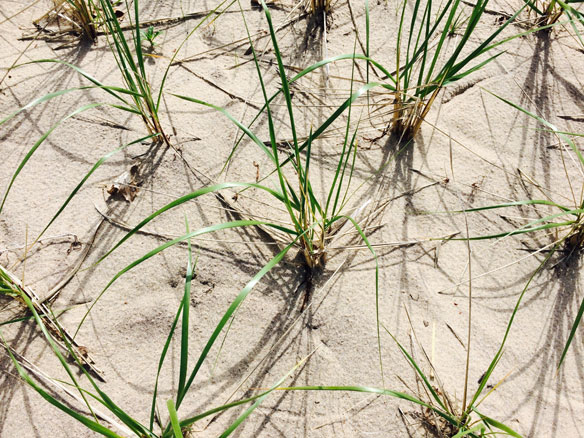
The state of North Carolina is well on its way to making it easier for property owners to build living shorelines.
Huge sunfish washes up in northern waters for first time in 130 years
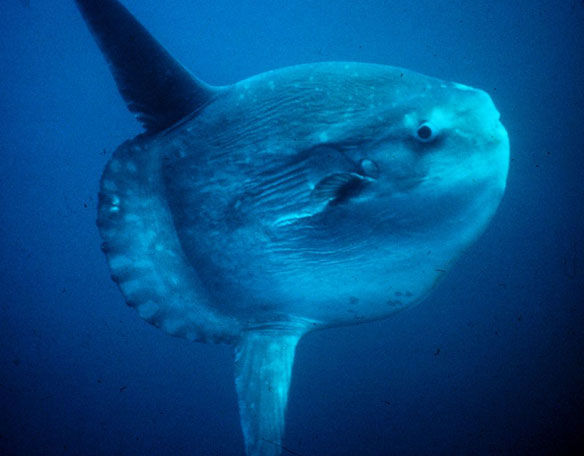
A giant sunfish has washed up on a beach in Santa Barbara, California, the first time this particular species of the animal has been sighted in the northern hemisphere in 130 years.
